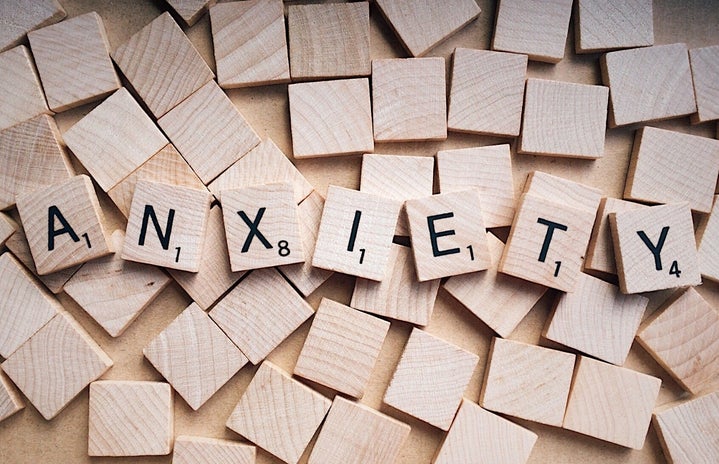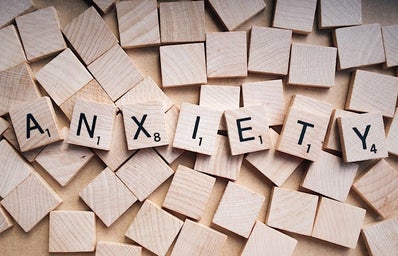Anxiety is something that happens to everyone at some stage in their life, however, chronic anxiety can impact how your brain functions.
Anxiety is best described as a feeling of worry, discomfort or unease about a situation or an uncertain outcome. The symptoms of anxiety can differ between each person, or depending on the situation you are in.
According to St. Patrick’s Mental Health Services, anxiety is the most common mental health issue affecting the population of Ireland and Europe.
There are several different types of anxiety, known as: social anxiety, general anxiety disorder (GAD), post-traumatic stress disorder (PTSD), obsessive-compulsive disorder (OCD), phobias and panic disorder.
According to Aware, physical symptoms of anxiety can include tense muscles, disturbed sleep, racing heart, sweating and rapid breathing. This physical response is how your brain prepares you to deal with the situation at hand.
If the situation becomes intense, other signs can involve panic attacks or feeling of panic, morbid thoughts and excessive amounts of worrying.
Healthline explains that when you feel anxious, hormones such as adrenaline and cortisol rush to your brain. Long-term anxiety causes your brain to regularly release stress hormones. This can lead to frequent headaches, dizziness and in some cases, depression.
These are some of the more known symptoms of anxiety. However, anxiety can affect other brain functions, such as your short-term memory.
The release of cortisol when anxiety is triggered can shrink the hippocampus – the part of the brain which controls memories. According to Bustle, this is more common in chronic anxiety, which can lead to forgetfulness and confusion if your anxiety is constant.
The part of the brain which is responsible for decision making is also affected by cortisol. During times of anxiety, the hormone disengages this part of the brain, causing people to make snap decisions and be hasty.
Dr Alex Anastasiou, a psychiatrist who specialises in anxiety treatment told Bustle: “This can lead to impulsive behaviours, poor decision making and irritability.”
Anxiety can alter the levels of serotonin, a feel-good chemical, in your brain. This chemical can affect your appetite, sex-drive, sleep, memory, desire to socialize and digestion.
When there is an imbalance of serotonin, your mood can be easily altered. Some people are more prone to anxiety or depression based on their natural levels of this chemical.
Anxiety can also impact the amygdala, the part of your brain which helps to process and store emotions. People with anxiety tend to have a more sensitive amygdala, often causing people to overreact to situations that aren’t actually threatening to begin with.
Insomnia is often due to chronic anxiety. At night, your body activates the part of the nervous system that controls your ‘fight or flight’ instincts. This affects your breathing, heart rate and brain waves that impact your quality of sleep.
Chronic anxiety disorders can have serious impacts on how our brain functions. It can be beneficial to try and seek professional help if you are suffering from anxiety.
If you need to talk to someone, pieta.ie has a 24/7 helpline, with an option to call or text.



